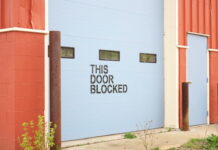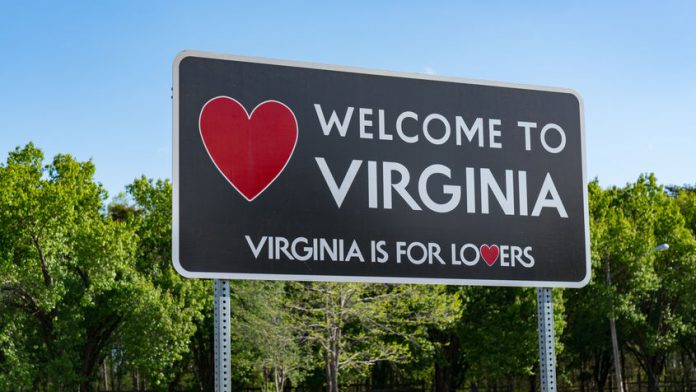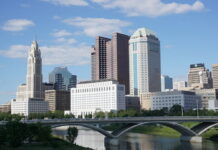A new study undertaken by the Joint Legislative Audit and Review Commission has looked into the potential impacts of casinos and gambling in Virginia, with the state’s general assembly expected to debate each next year.
Introduced by Governor Ralph Northam last year, legislature will have to vote to reenact the bill to proceed the issue forward, with SB 1126 giving regulatory rights to the Virginia Lottery Board.
Developed in conjunction with national gaming consultant The Innovation Group, the study identifies Bristol, Danville, Norfolk, Portsmouth and Richmond as prime locations where resort-style casinos could be built and sustained.
Assuming an initial $200m to $300m capital investment and an annual gaming revenue state tax rate in the line with the national median at 27 percent, the five casinos are projected to annually generate approximately $970m in net gaming revenue and around $260m in gaming tax revenue for the state.
About one-third of total revenue is projected to be generated by out-of-state visitors, with Danville and Bristol to be big beneficiaries due to having small local markets. However, both would be vulnerable if developments were to occur in North Carolina and Tennessee.
Each of the proposed entities would employ at least 1,000 people with a median wage of $33,000, with almost half described as “low-skill and low-wage”.
A casino in Northern Virginia, which was not authorized in SB 1126 but examined as part of the study, would increase statewide gaming tax revenue by an estimated additional 59 per cent or $155m, and employ an additional 3,200 workers.
Opening of land-based establishments would take place approximately four years after authorising legislation passes, with casino gaming negatively affect revenue generated by most forms of existing gaming.
Chiefly among these is historical horse racing, a small portion of which supports Virginia’s revived live horse racing events, with revenue projected to drop 45 per cent.
A fully developed sports wagering industry in Virginia could generate up to $55m in annual gaming tax revenue for the state, depending on how it is structured, with online casino set at around $84m each year.
Among the recommendations in the JLARC report is to:
- Establish a dedicated, stable funding source for problem gambling prevention and treatment, even if additional forms of gaming are not authorised.
- Include a requirement in any casino authorising gaming legislation that:
- Applicants for a casino license submit a responsible gaming plan as part of their application, and casino operators obtain accreditation for responsible gaming practices.
- Casino licenses will be awarded through a competitive selection process, overseen by a designated committee whose members have experience in business finances and operations and represent state and local interests.
- An independent consultant, hired by the state, assess the accuracy and feasibility of casino development proposals.
- Owners and officers of any company vying for a casino operators’ license submit to and pass in-depth background and financial investigations.











